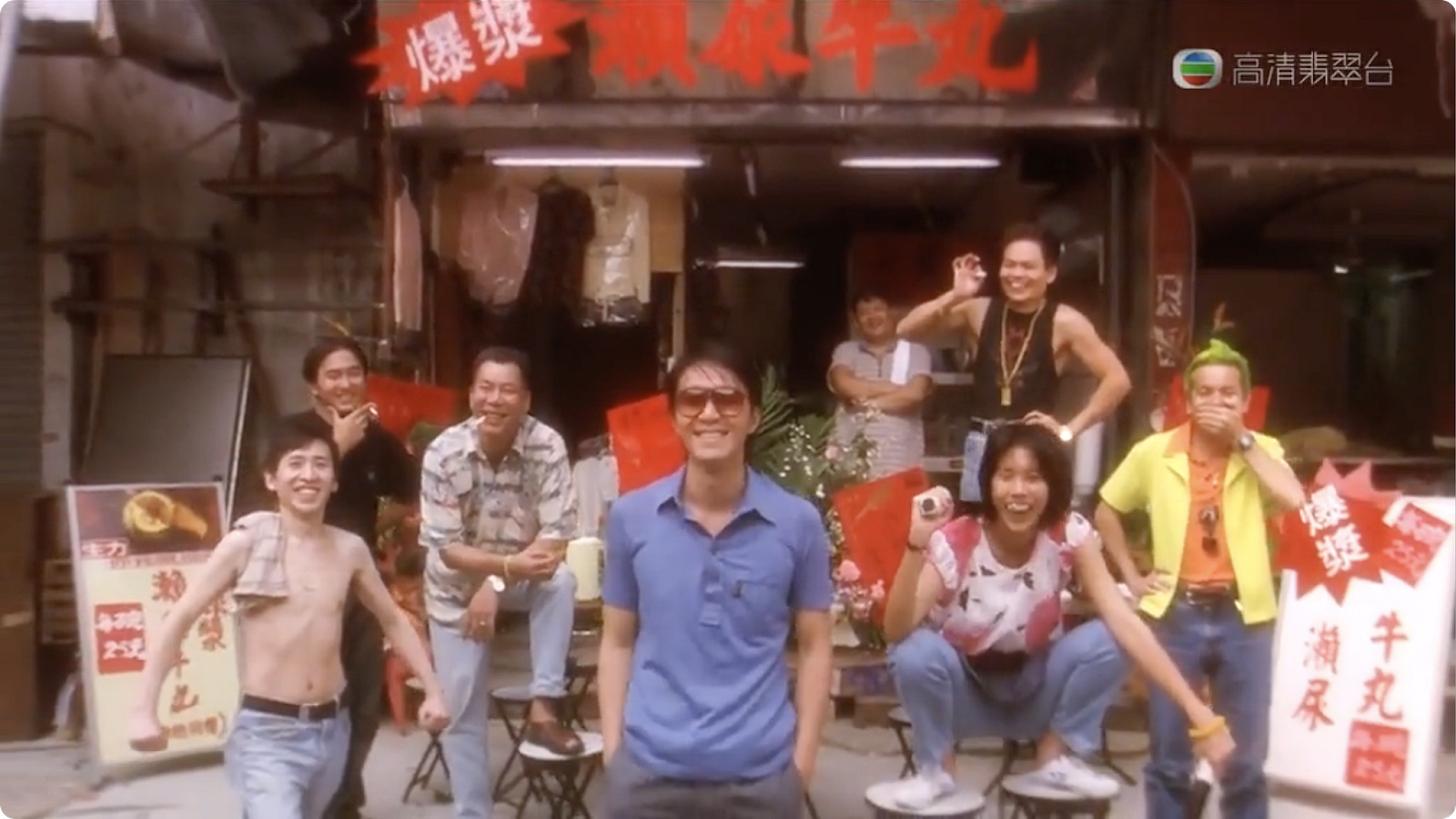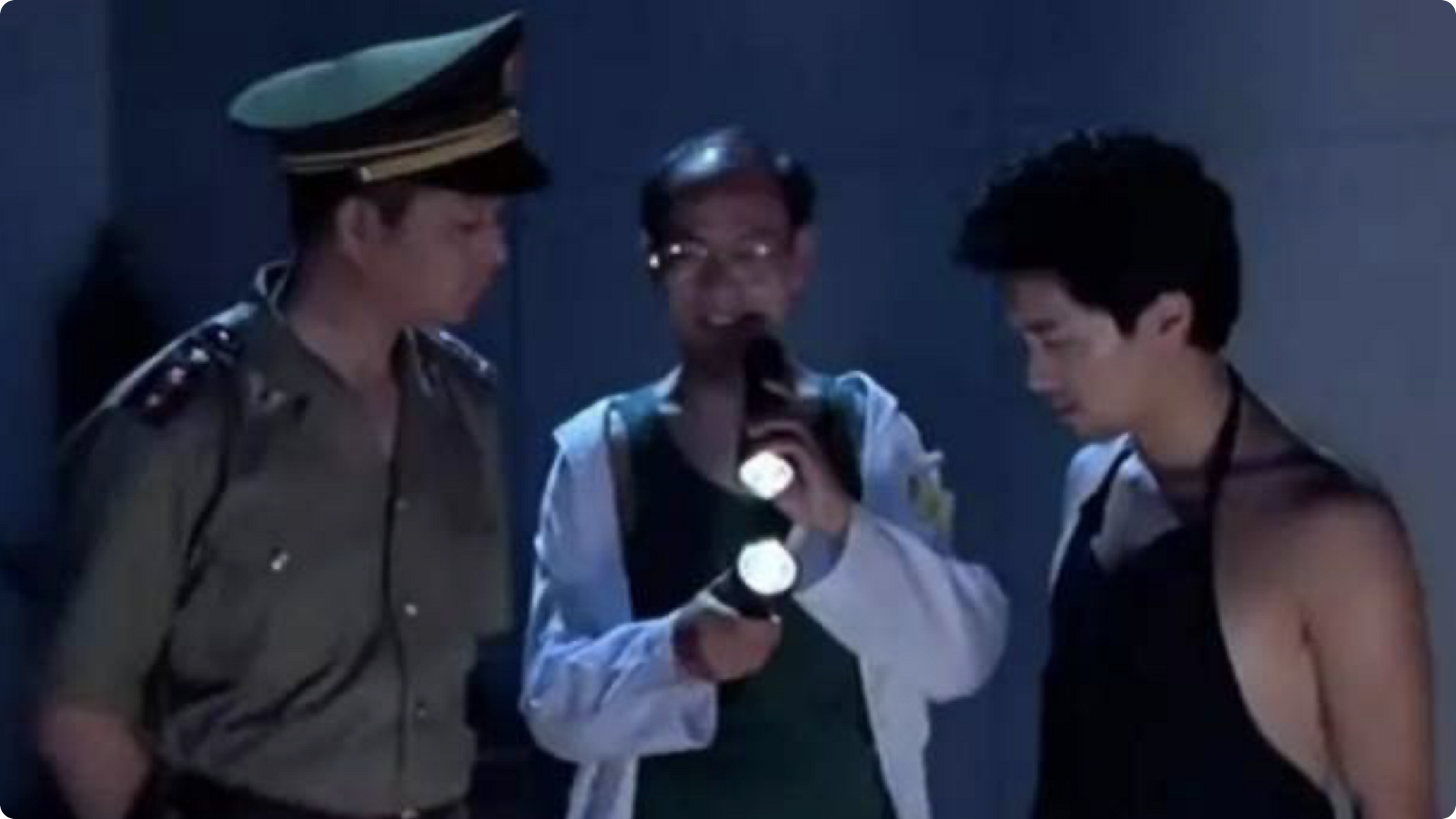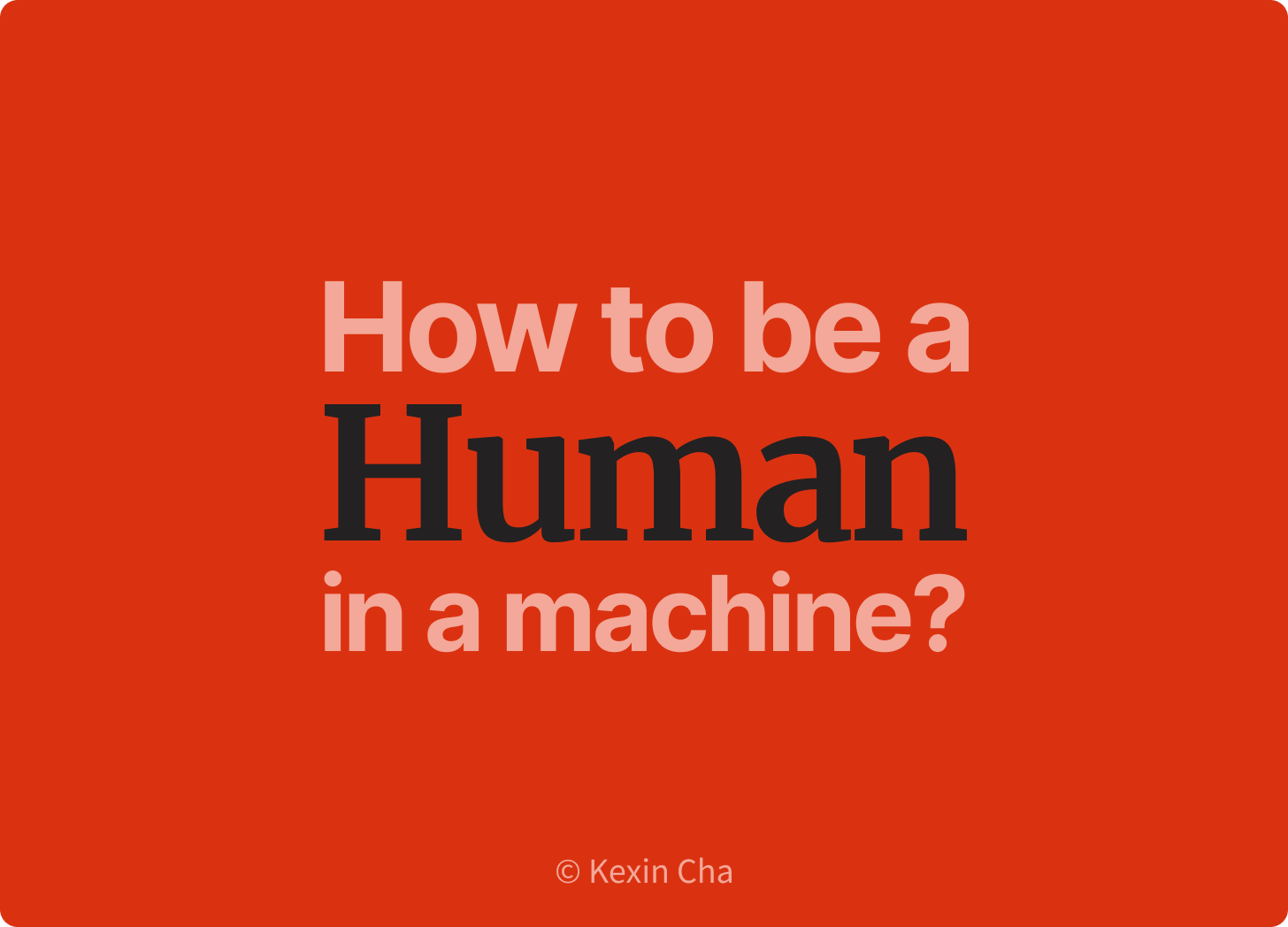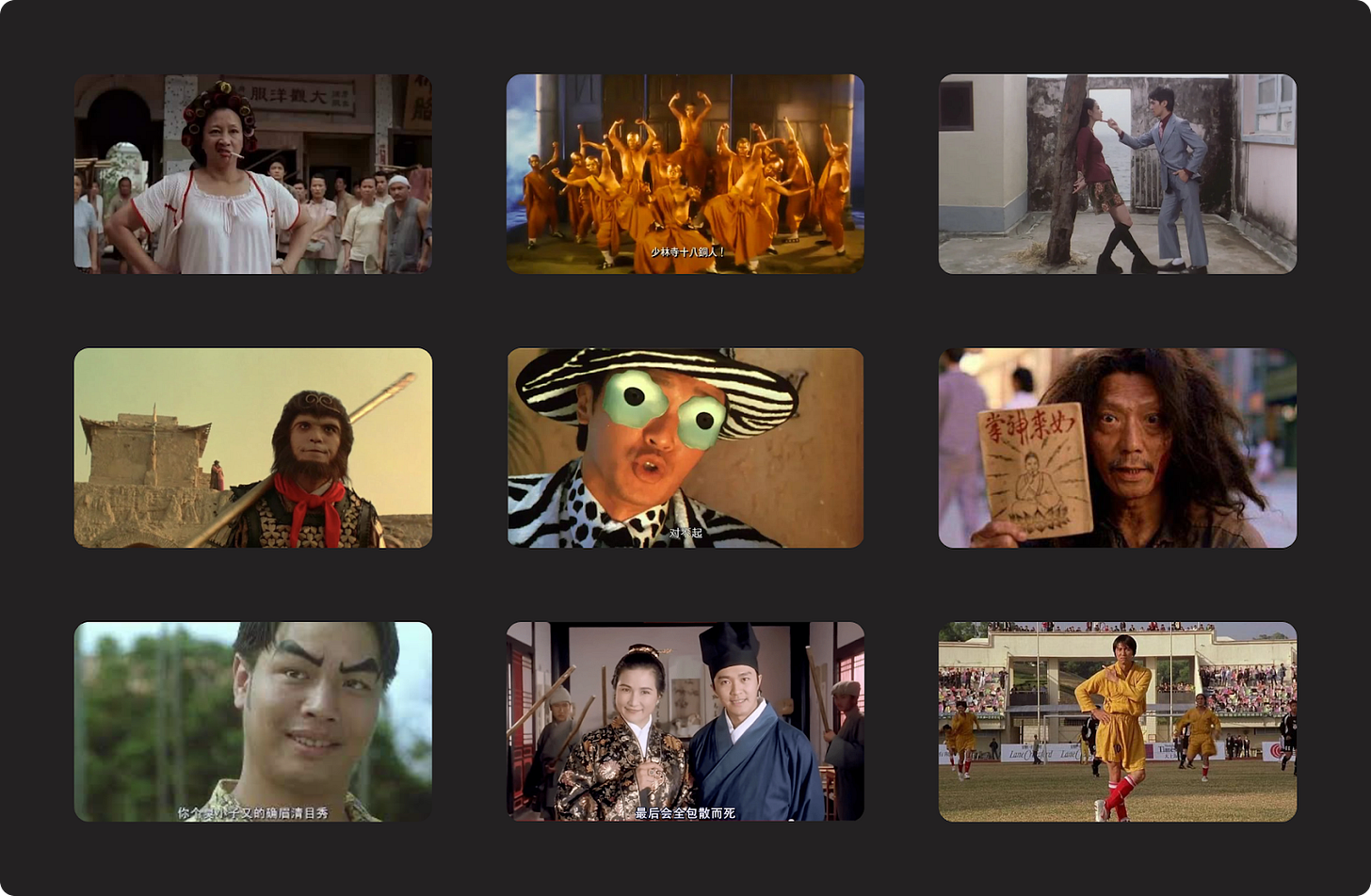Today’s newsletter features a guest post by Kexin.
When I was reading her draft, I had to take a few pauses—it was apparently not a topic I normally think about. But I know Kexin is different. In the fast-paced world today, she always takes the time to read, think, reflect, and according to her own words “make sense of the chaos.”
“What inspired you to write this?” I asked, genuinely curious, as we stood at the intersection of 6th Ave and 14th St.
She told me her inspiration came from Don Norman’s latest book, Design for a Better World: Meaningful, Sustainable, Humanity-Centered, along with a fashion newsletter writing about the theme of consumerism.
Hope her writing today sparks some thoughts for you.
Kexin designs precision medicine research and education tools at Stanford University. As the founding designer at her very small team, she built the design functionalities from ground up, and launched bioinformatics and health-data focused AI/ML education programs that recently received Don Norman Design Award and Anthem Awards by the Webby Awards.
She is a design generalist. She shares her thoughts about digital product design in her blog, Ünprofesionale, to help designers like herself working in small interdisciplinary teams to make sense of the chaos.
I love watching comedy.
I grew up watching Stephen Chow’s movies. It’s over-the-top, ridiculous, and no lack of low-brow jokes.


They are also very human, liberating, and imaginative.
He re-imagined the 16th century Chinese novel, Journey to the West. It’s a bit of a love story, but also describes the growth one needs to embrace in order to commit to their calling.
His hero figures are never set out to be like James Bond, who has it all - rich, charismatic, fearless, and invincible. Instead, they often started out with visible flaws, but eventually found the motivation to cross over to the other side.
They are underdogs, and the worlds they live in are sad. As a child, I was often bothered by the cruel treatments his characters encountered, but then quickly distracted by the amusements in the exaggerated reactions, makeup, and costumes.
I made friends at school through inside jokes referencing characters and phrases in his movies.
I used to laugh so hard that I couldn’t stop.
It is a pure, satisfying experience. Years later, when I heard people describing their near-death experiences on TV - that they felt an immense love and sense of safety, it reminded me of these laughing experiences I had. Not that I felt loved or safe in them, but that I let go - I was fully immersed in these energizing, trusting experiences.
Comedies are healing.
I grew to like stand-up comedies after I moved to the U.S. at age 19. Living in a place so foreign from home, I struggled with an overwhelming sense of isolation when I dealt with academic and personal setbacks. For a long time, I felt like a misfit.
These feelings have all found home in comedies.
Seeing comedians poking fun at their own quirks and failures is empowering. I learned:
I, too, could laugh at my troubles. There are emotions other than sadness I could reach in tough situations.
It is very worth it to question the questionable events - it would either lead me to somewhere enlightening, or give me something amusing.
Comedies set me examples to leaning into my intuition and feelings without too many second-guesses or embarrassments. It is when my self-confidence began to develop.
I went to see Hannah Gadsby’s stand-up in October. She said something along the lines of, “We need to learn to be a human in a machine.”
At the time, I just came back from my honeymoon, two weeks of seeing, learning, and fun. There was no excessive consumption on either digital content or physical goods.
I felt the resistance to step back into my old routine. While I consume digital content in order to produce in good quality, I buy physical things as a reward to soothe the stress of living through the consumption-production cycle.
Are the rewards meaningful to me? Most of the time (possibly 80% of the non-food purchases I made in the last 12 months), they only temporarily boosted a false sense of control that I have steered my life so successfully that I am now living out the better version of myself.
The better version is James Bond.
So, I really thought to myself, “How can I be a human in a machine?” when I heard Hanna Gadsby on stage.
I realized I have been enduring this conflict for a while without looking into its nature. The machine is only trying to do its job - producing, collecting data, persuading, and selling. Conflicts happen when I, a human, play the machine’s game without knowing my own game.
I’m not built for the machine’s game! Machine has its goals. I have mine too. But, what are they?
I know my goals are different from the machine’s. Otherwise, I’d be perfectly happy running my life using the script that the machine uses to achieve its goals. But, what are my goals?
What if I look into the goals of the role models? The role models show the successful end state, so following their goals cannot be too wrong. However, since they reflect the qualities the society as a whole thinks are valuable, I need to find role models who are living in the same context as I am.
I live in a developed country where the definition of success is deeply influenced by capitalism values, such as ownership, profit, and innovation. At the moment, society is going through a technology revolution with a lot of unknowns, which fuels both the excitement and anxieties (this week certainly reaches a peak with AI launches from OpenAI, Google, and Apple). In the meantime, its people also value equality, fairness, and individual rights.
I think most people living in the same context would agree the role models in our societies can be identified with having the following in any combinations:
money
ideas
curiosity to learn and discover new knowledge
empathy and love for people and other beings
raised and supported the role models to become who they are
It seems that many big role models in #1 and #2 have emerged today, controversial but inevitably become the “ideal” many people are trying to grow into. As the list goes on, fewer and fewer people are known for their effort. Many may be doing the work in silence, becoming the unsung heroes. How well we make the role models known/ how loud we celebrate them show what the society actually values.
If I switch my context to a different society, perhaps, there would be more role models in #3,4,5, and additional new ones. That would have influenced how I form my goals.
Capitalism has made the value systems of the world more homogenous since the industrial revolution. How would the homogeneity shift during the technology revolution we are going through now?
With all the upcoming AI launches, I would have enhanced capabilities to launch my own products, tell amazing stories, get insights from various data, and to sell with little friction. So are those who are committed to making me buy in to whatever values they are subscribing to.
Is it possible to have nearly unshakeable values not affected by the society I live in? Then, maybe I am free - free to be a human.
I certainly don’t think detaching from societies is the answer. I believe participating in any society is a process of developing self-awareness and finding meanings. It answers “What are my goals as a human?”.
However, there won’t be an answer without a question. Comedians have taught me this - question the questionable events. They know so well what misfortune looks like. Through good stories, they put questions in my mind, and started a two-way discussion.
Comedians are like philosophers who honestly challenge the world they observe.They poke fun at the things we don’t want for ourselves. Perhaps, once we know what we don’t want for ourselves, we can find the answer for what we want sooner?
Watch more comedies.
Thanks for reading what Kexin wanted to share with us today.
I’d also like to thank Brian Martin, who shared his prompt with me after reading my newsletter last week.
Until next week,
Xinran
-
P.S. Completed my first half marathon in an embarrassingly slow pace. But I finished it. Ate three bagels after the run. Also signed up for another one next year and my goal is sub 2:30.







Lovely article and food for thought. Thank you both :)